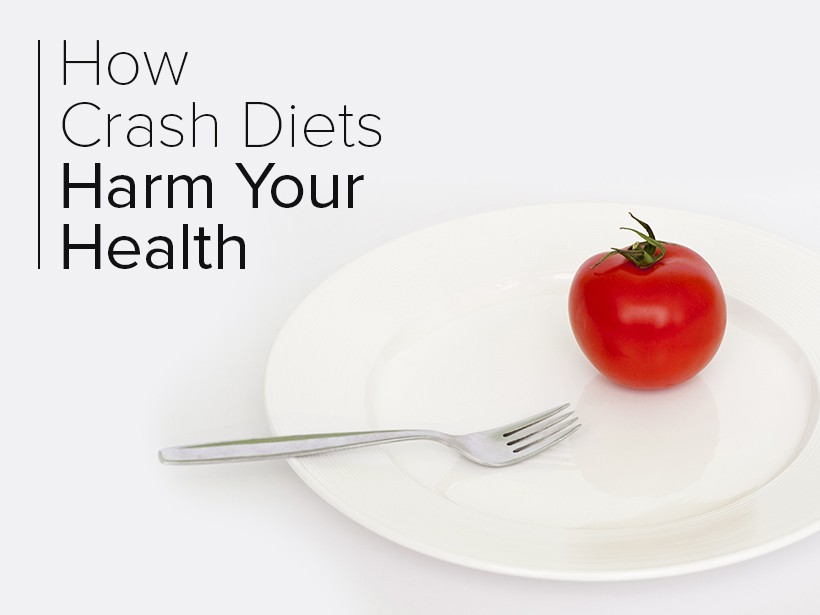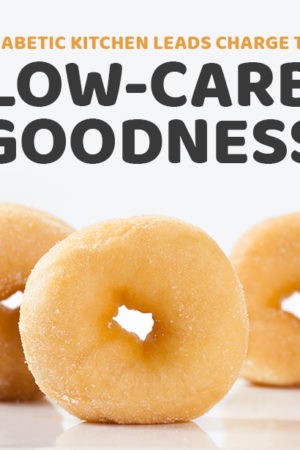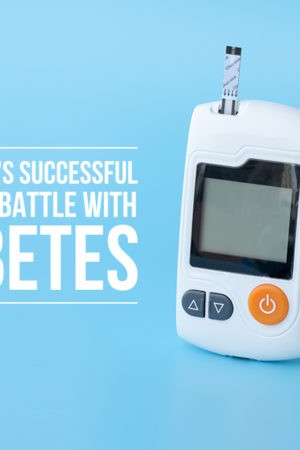As summer approaches, the pressure is on to get a “beach body” that will look great in shorts and bikinis. This intense societal pressure, coupled with an America that's becoming more overweight almost by the day, a group of extreme “crash diets” have been gaining popularity. Whether it's the cabbage soup diet, the “Survivor” diet, or any one of the dozens of juice cleanses on the market, crash diets focus on severely controlling consumption to spark fast weight loss. But are they effective in helping to lose weight? And how do they affect your health?
The restriction of calories on crash diets
The one characteristic that links together all crash diets is a focus on extremely limited calorie intake. A new study on crash diets, performed by Dr. Jennifer Rayner, a researcher from the Oxford Centre for Magnetic Resonance at Oxford University, found that the average crash diet requires that followers consume between 600 to 800 calories a day. This is significantly less than the generally recommended minimum daily calorie intake of 1,200 for women and 1,500 for men not under strict medical supervision.
Why crash diets don't work
Researchers from Oxford set out to discover how crash diets affect body fat levels along with organ functioning. 21 participants, all of whom were 52 years old and obese, were put on a low-calorie diet of around 600-800 calories for 8 weeks. MRI scans were then used to determine the diet's effect on the heart.
Researchers found that, though body fat levels had decreased, these extreme diets had a severe effect on the hearts of participants. Results of the study stated that ” the fat in the heart increased by 44 percent. This correlated with impact on heart’s ability to pump blood effectively.”1 What this means is that, though extreme diets did have the potential to help participants lose weight, it did so in an extremely unhealthy way that jeopardized the health of one of the most important organs in the body.
A better way to lose weight
One of the biggest downfalls of going on an extreme diet is the truth that they are simply unsustainable. Many people feel ill when eating fewer than 1,200 calories a day. Consuming half this number of calories has the potential to leave the dieter feeling stressed, irritated, angry, and most importantly, hungry for long periods of time.
The bottom line? When it comes to losing weight, there are much better and much more effective ways to drop the pounds besides extreme diets. Finding the diet that works for you can be difficult, but you should never sacrifice your long-term health for quick weight loss.
NUTRITIONAL DISCLAIMER
The content on this website should not be taken as medical advice and you should ALWAYS consult with your doctor before starting any diet or exercise program. We provide nutritional data for our recipes as a courtesy to our readers. We use Total Keto Diet app software to calculate the nutrition and we remove fiber and sugar alcohols, like erythritol, from the total carbohydrate count to get to the net carb count, as they do not affect your blood glucose levels. You should independently calculate nutritional information on your own and not rely on our data. The website or content herein is not intended to cure, prevent, diagnose or treat any disease. This website shall not be liable for adverse reactions or any other outcome resulting from the use of recipes or recommendations on the Website or actions you take as a result. Any action you take is strictly at your own risk.
- Keto Drives Increased Calorie Burn - July 11, 2019
- New High-Protein, Low-Sugar Greek Yogurt Hits Market - April 1, 2019
- Can Going Low-Carb Fight Back Fat? - December 4, 2018































